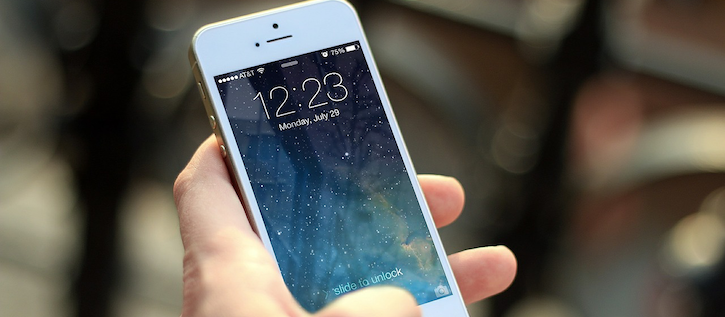Providers Identify Barriers and Facilitators of mHealth Adoption
While some providers are worried about the technology, past studies have found mHealth apps to be effective.

Healthcare providers believe the main facilitators to mobile health (mHealth) adoption are health benefits for patients, ease of use, educating patients and their providers and reducing cost to the healthcare system, according to the findings of a study published in JMIR mHealth and uHealth.
Providers also revealed several barriers to adoption. Among them included technical issues, privacy and confidentiality concerns, a lack of awareness, limited uptake from the elderly and less of a personal connection between providers and the patient.
The findings emphasize the importance of developing a user-friendly mHealth intervention and can help a variety of stakeholders who plan to use these applications.
Researchers set out to understand the benefits and barriers that influence providers using mHealth interventions for the management of chronic obstructive pulmonary disease (COPD).
The research team’s sample consisted of 30 healthcare providers — 10 nurses, 10 pharmacists and 10 physicians.
The researchers conducted individual interviews to better understand each provider’s experience with using mHealth applications. Interviewers began with a broad question to direct the focus of the interview and to allow the provider to discuss their feelings toward the health technology.
Each recorded interview lasted between 20 and 60 minutes. Topics of the interviews included demographics, use of mHealth, perception towards challenges of adoption, factors facilitating adoption and preferences about features of the mHealth intervention for COPD management.
Researchers transcribed the interviews, removed identifying information and used NVivo, a qualitative data analysis software, to organize the data and examine the words.
One experienced nurse said that mHealth interventions could make life easier for patients and improve their quality of life.
“I think those people are just happy to have another set of eyes watching them, right,” a physician said about patients who were enrolled in an intervention program. “I think it probably gives them reassurance.”
Other providers stated that these interventions give patients the power to be more involved in the management of their health, especially for those in rural populations.
“There’s a sense of accountability I believe from the patients,” one nurse said. “The nurse is watching me this morning, I better do it because she’ll be waiting or he’ll be waiting, definitely.”
But like any technology, there is a learning curve, and some physicians expressed concern with being unaware.
And others are worried that the personal connections between providers and patients might be lost.
“I like to have a bit of actual contact and eye contact, and hear the tone of someone’s voice, and a gentle touch sometimes can be so reassuring, you know,” one nurse said. “I think it’s going to be lost with this type of technology.”
The study authors noted that it is essential for providers and patients to understand the potential benefits of the mHealth intervention.
Despite some providers being concerned about the technology, previous research indicates that mHealth apps can be effective for patients.
One study revealed that patients with migraine who used an mHealth app twice a week had four fewer headache days per month.
Another study found that an asthma tracker app reduced children’s hospital admissions by 60%.
An mHealth app even proved to be more helpful than traditional physiotherapy for patients to manage and alleviate their lower back pain.
Get the best insights in digital health directly to your inbox.
Related
Apple Introduces mHealth App for Women to Track Menstrual Cycles, Fertility
Podcast: Adoption of Healthcare Tech in the Age of COVID-19 with Dr Kaveh Safavi
June 22nd 2021Kaveh Safavi, MD, JD, global health lead of Accenture Health, discusses how the pandemic influenced the speed at which healthcare organizations adopted new technologies and how this adoption is impacting patient care.